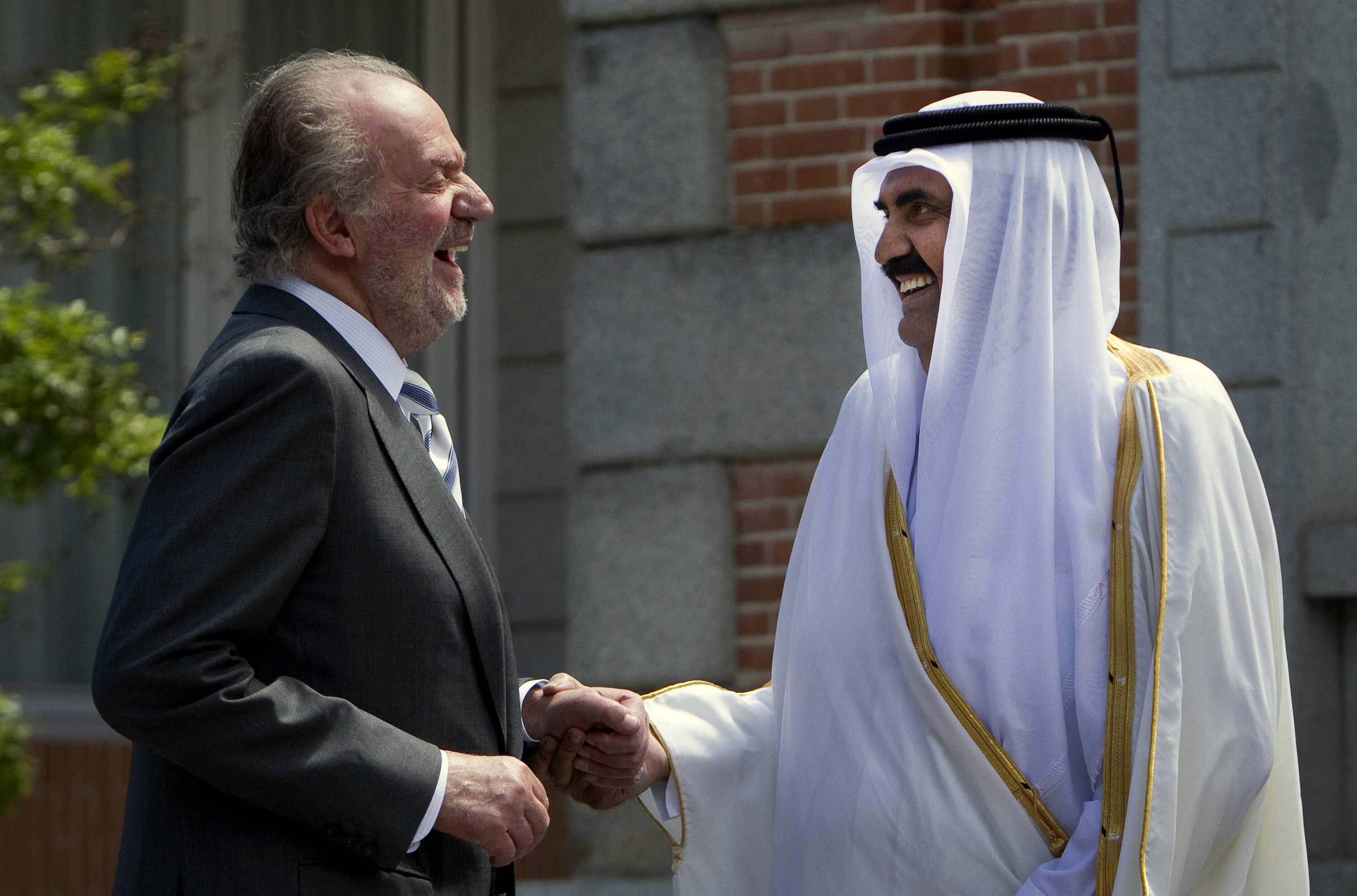Spanish public prosecutors believe there is evidence of money laundering and tax fraud in the actions of retired king Juan Carlos I with regard to the construction by Spanish firms of a high speed rail line in Saudi Arabia, according to the SER radio network. The broadcaster has reported this Monday that the country's head anti-corruption prosecutor, Alejandro Luzón, has issued a submission informing the attorney general, Dolores Delgado, that the investigation into the contract awarded for the new rail line to Mecca involved the Spanish king emeritus and there was prima facie evidence of criminal offences and that, for this reason, the case would have to be heard directly by Spain's Supreme Court, since the former king is protected from prosecution by lower courts.
In this same document, the prosecutor considers that the king cannot be prosecuted for the commission of 100 million dollars he allegedly received for the Mecca train contract since the payment was made in 2008, when the emeritus monarch was still covered by complete legal inviolability, but points out that the movements of this money after June 2014, when he abdicated, can be investigated. This would include the possible existence of bank accounts in Switzerland in the name of several proxies.
Thus, the Spanish prosecutors assigned to the Supreme Court will take on the investigation as of now. This means that they will also investigate the evidence against businessman Juan Miguel Villar, who, among others, allegedly paid part of the multimillion-dollar commission to Juan Carles. All those who paid a part of the commission could be charged with corruption.
The focus of the investigation is on delimiting or discarding that there were crimes in the events that took place during Phase II of this project, from June 2014, when Juan Carlos de Borbón ceased to be protected by the inviolability which the Spanish Constitution applies to its head of state. The prosecutors argue in a submission that "new investigations must be carried out which directly affect the king emeritus."
According to the decree, the investigation has been assigned to the Supreme Court prosecutor with most experience in economic crimes, Juan Ignacio Campos. "Given the institutional significance of this investigation, it is designated to the prosecutor within the highest category who has extraordinary qualification and experience," says the note issued by the Attorney General's office, adding that Campos will be assisted by a team of three Supreme Court prosecutors, who will tackle "the undeniable technical complexity of these investigative proceedings."

